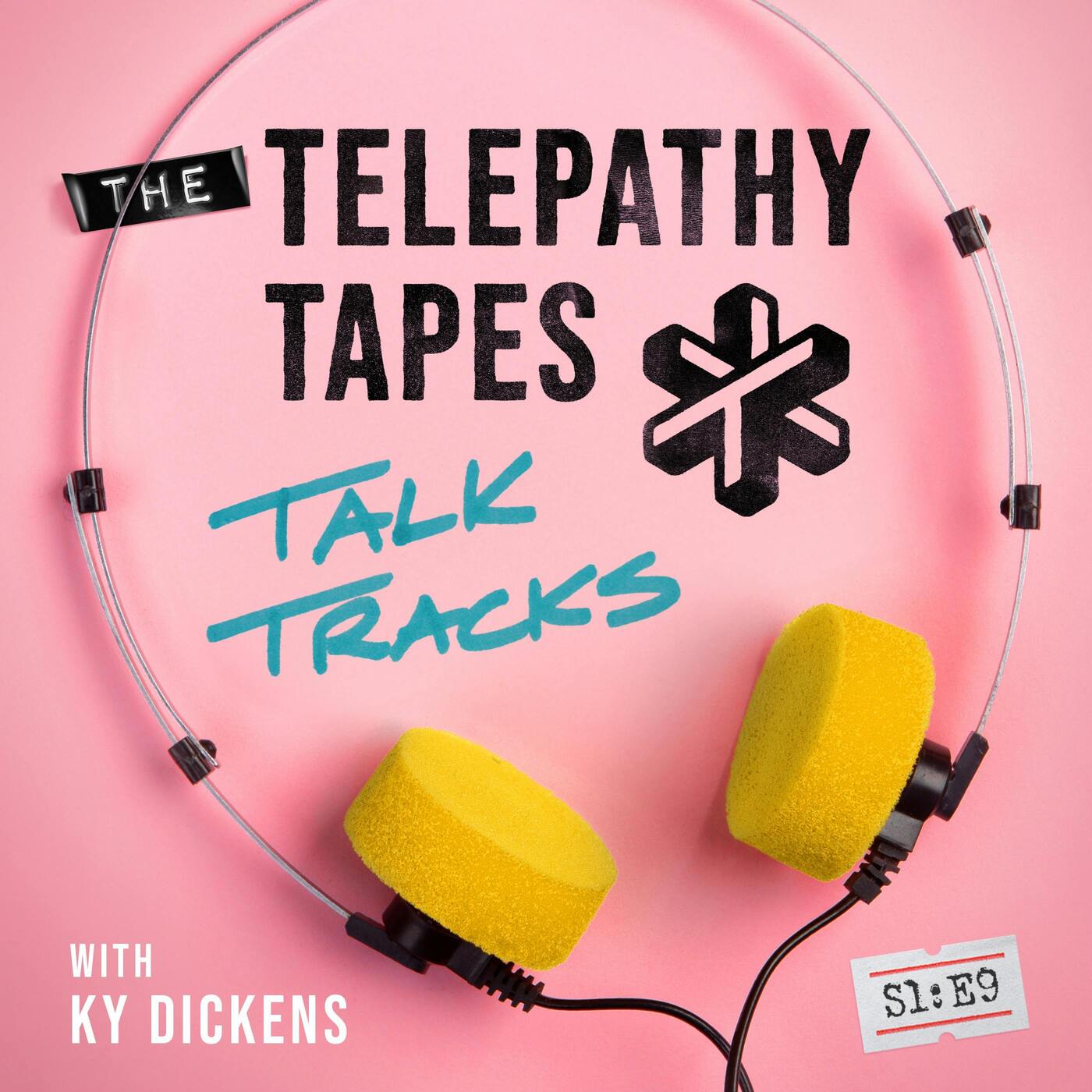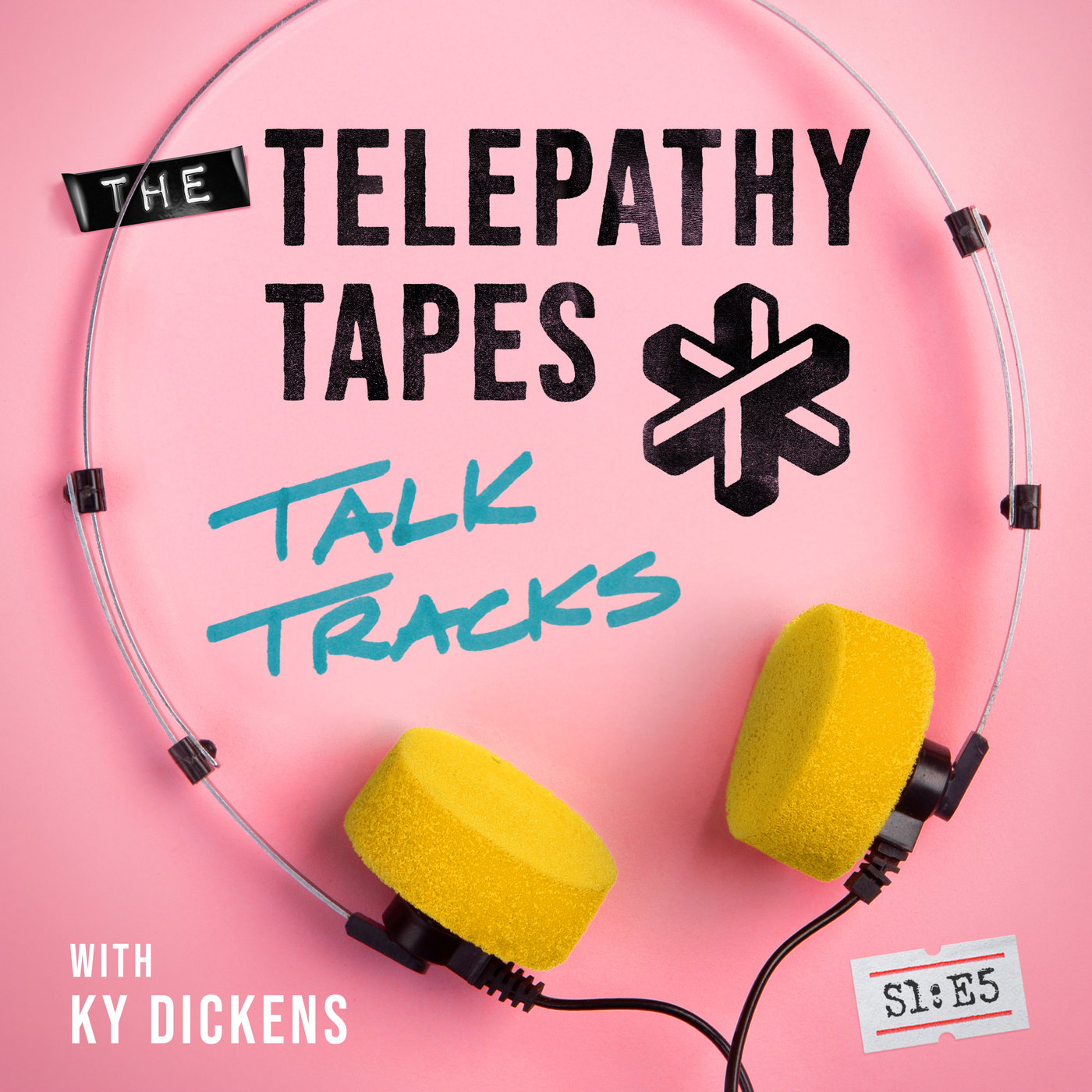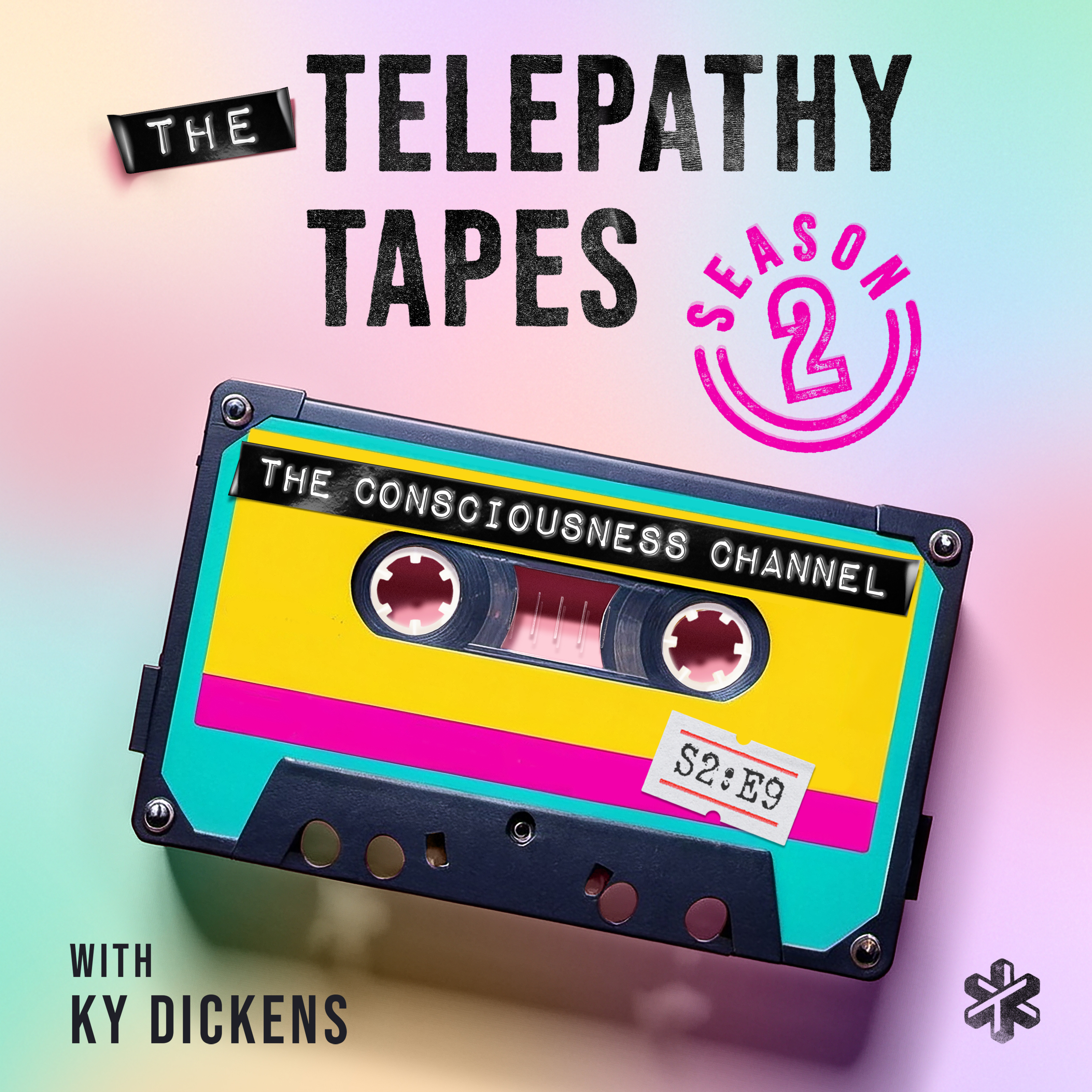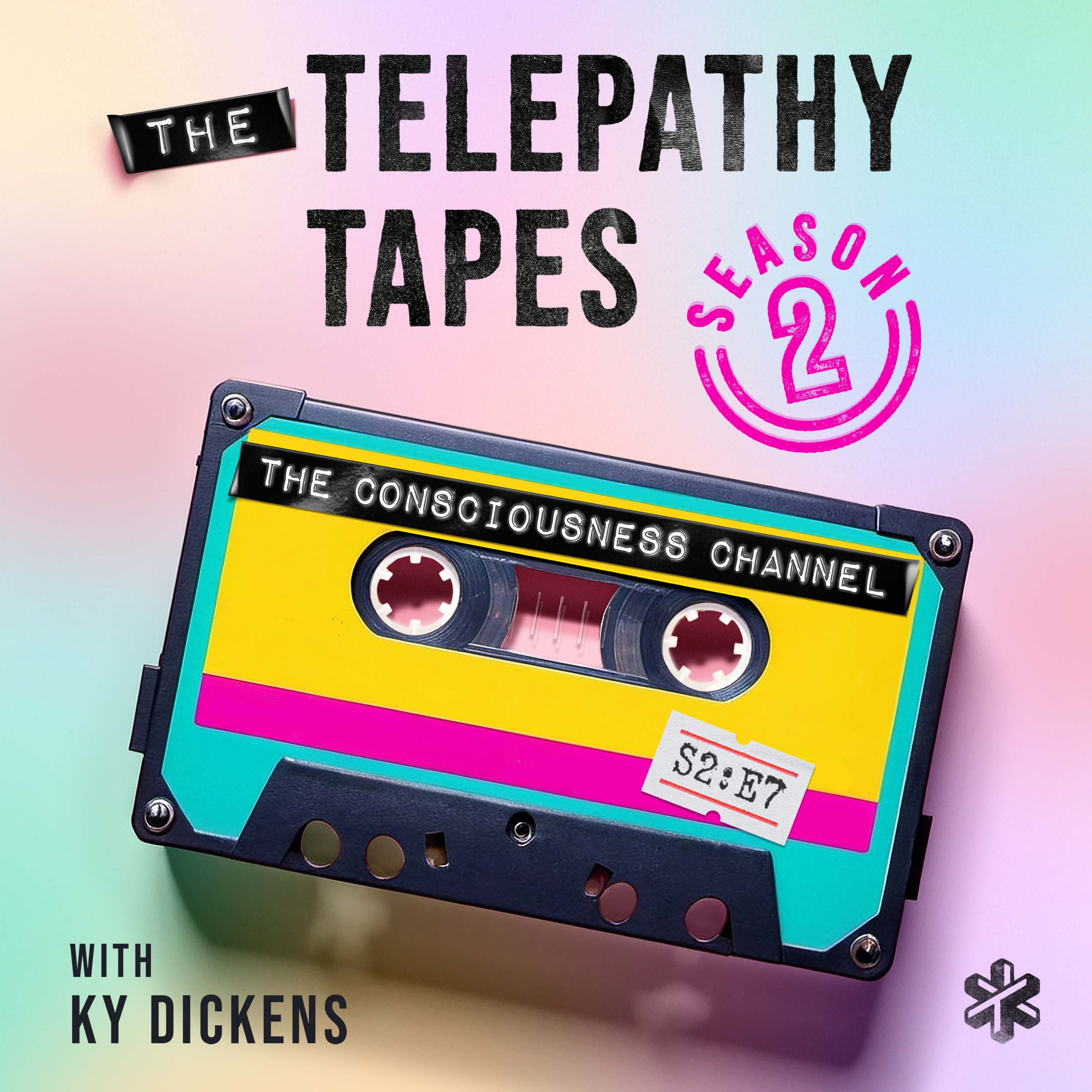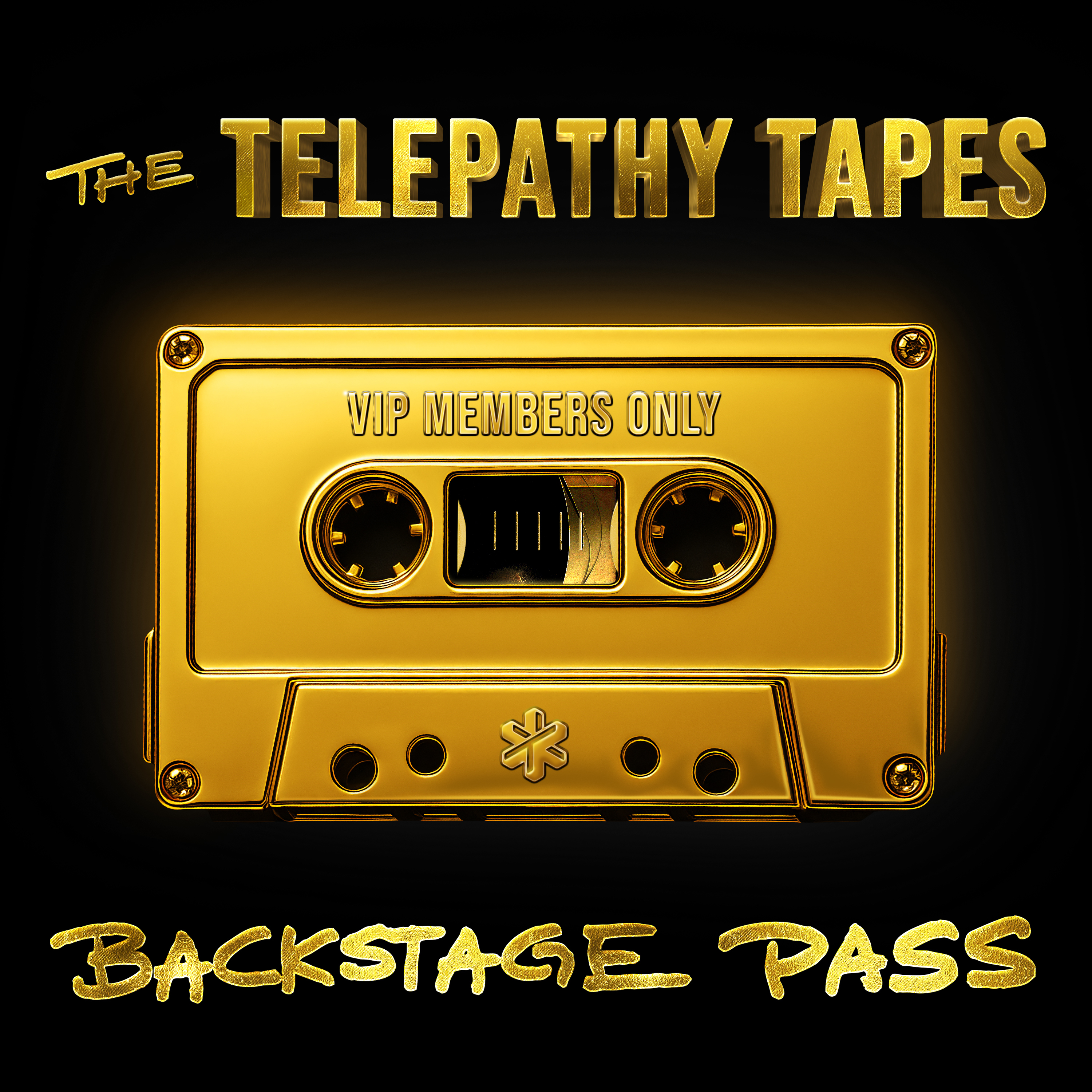Talk Tracks Ep 9: The Science of Intuition: Consciousness, Intention, and the Edge of Reality
What if your body could sense the future—or your thoughts could subtly shape the world around you? In this episode, Ky sits down with inventor and consciousness researcher Adam Curry to explore the science behind Psi phenomena. They dig into wild but well documented experiments and discuss how intention and belief might actually influence physical systems, like random number generators and even a color-shifting “mind lamp.” Adam also shares how his app Entangled is using quantum data and global participation to study collective intuition—and how AI might help us understand, not replicate, consciousness. This conversation is a fascinating look at the strange, powerful possibilities of the human mind.
Join The Telepathy Tapes Backstage Pass to get ad-free episodes, never-before-heard interviews, behind-the-scenes documentary footage, and access to our private Discord community.
This is your invitation to come closer. To help shape what’s next. To be more than a listener… to be a co-creator of this paradigm shift. So if you’ve felt moved, if you’ve felt seen, if you’ve felt the call—subscribe today and join us: thetelepathytapes.supercast.com.
Thank you to our wonderful sponsors for sponsoring this episode.
Visit liquidiv.com and use code TAPES at checkout to get 20% off your first order of Liquid I.V.
Visit AncientNutrition.com/TELEPATHY to get 25% off your first order.
Visit Quince.com/tapes for free shipping on your order and 365 day returns.
Visit HelloFresh.com/TAPES10FM now to get 10 Free Meals with a Free Item For Life.
Visit Graza.co and use DOCKET to get 10% off of the TRIO.
Get 15% off OneSkin with the code TAPES at https://www.oneskin.co/ #oneskinpod
Follow The Telepathy Tapes:
Instagram: https://www.instagram.com/thetelepathytapes/
TikTok: https://www.tiktok.com/@telepathytapes
YouTube: https://www.youtube.com/@TheTelepathyTapes
Facebook: https://www.facebook.com/thetelepathytapes
X/Twitter: https://x.com/TelepathyTapes
Learn more about your ad choices. Visit megaphone.fm/adchoices
See Privacy Policy at https://art19.com/privacy and California Privacy Notice at https://art19.com/privacy#do-not-sell-my-info.
Press play and read along
Transcript
Transcript is processing—check back soon.
